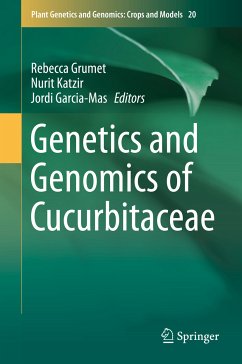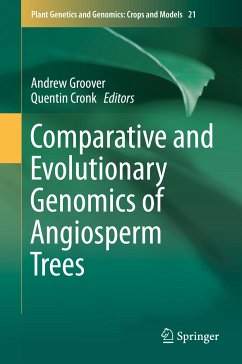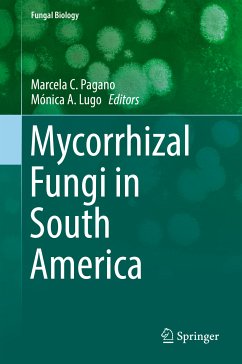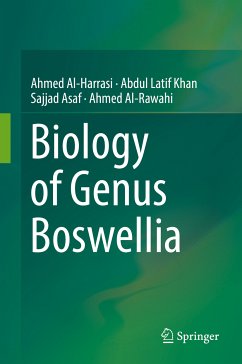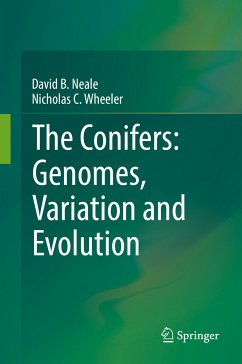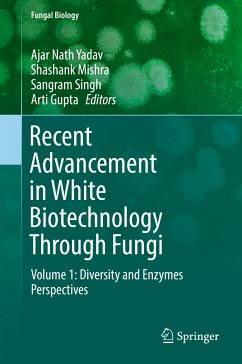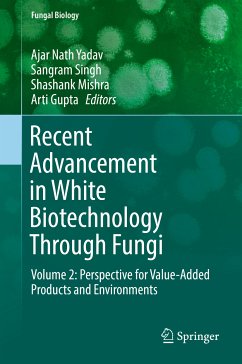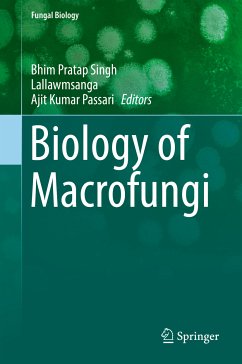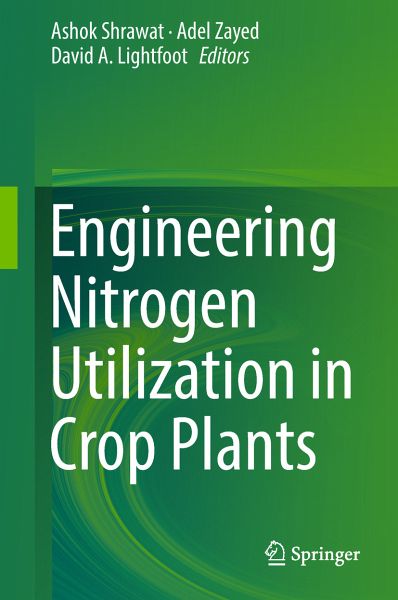
Engineering Nitrogen Utilization in Crop Plants (eBook, PDF)
Versandkostenfrei!
Sofort per Download lieferbar
112,95 €
inkl. MwSt.
Weitere Ausgaben:

PAYBACK Punkte
56 °P sammeln!
This book discusses and addresses the rapidly increasing world population demand for food, which is expected to double by 2050. To meet these demands farmers will need to improve crop productivity, which relies heavily on nitrogen (N) fertilization. Production of N fertilizers, however, consumes huge amounts of energy and the loss of excess N fertilizers to leaching results in the pollution of waterways and oceans. Therefore, increasing plant nitrogen use efficiency (NUE) is essential to help farmers produce more while conserving the environment. This book assembles some of the best work of to...
This book discusses and addresses the rapidly increasing world population demand for food, which is expected to double by 2050. To meet these demands farmers will need to improve crop productivity, which relies heavily on nitrogen (N) fertilization. Production of N fertilizers, however, consumes huge amounts of energy and the loss of excess N fertilizers to leaching results in the pollution of waterways and oceans. Therefore, increasing plant nitrogen use efficiency (NUE) is essential to help farmers produce more while conserving the environment. This book assembles some of the best work of top researchers from academic and industrial institutions in the area of NUE and provides valuable insight to scholars and researchers by its comprehensive discussion of current and future strategies to improve NUE through genetic manipulation. This book should also be highly valuable to policy makers, environmentalists, farmers, biotechnology executives, and to the hard-core researchers working inthe lab.
Dieser Download kann aus rechtlichen Gründen nur mit Rechnungsadresse in A, B, BG, CY, CZ, D, DK, EW, E, FIN, F, GR, HR, H, IRL, I, LT, L, LR, M, NL, PL, P, R, S, SLO, SK ausgeliefert werden.



